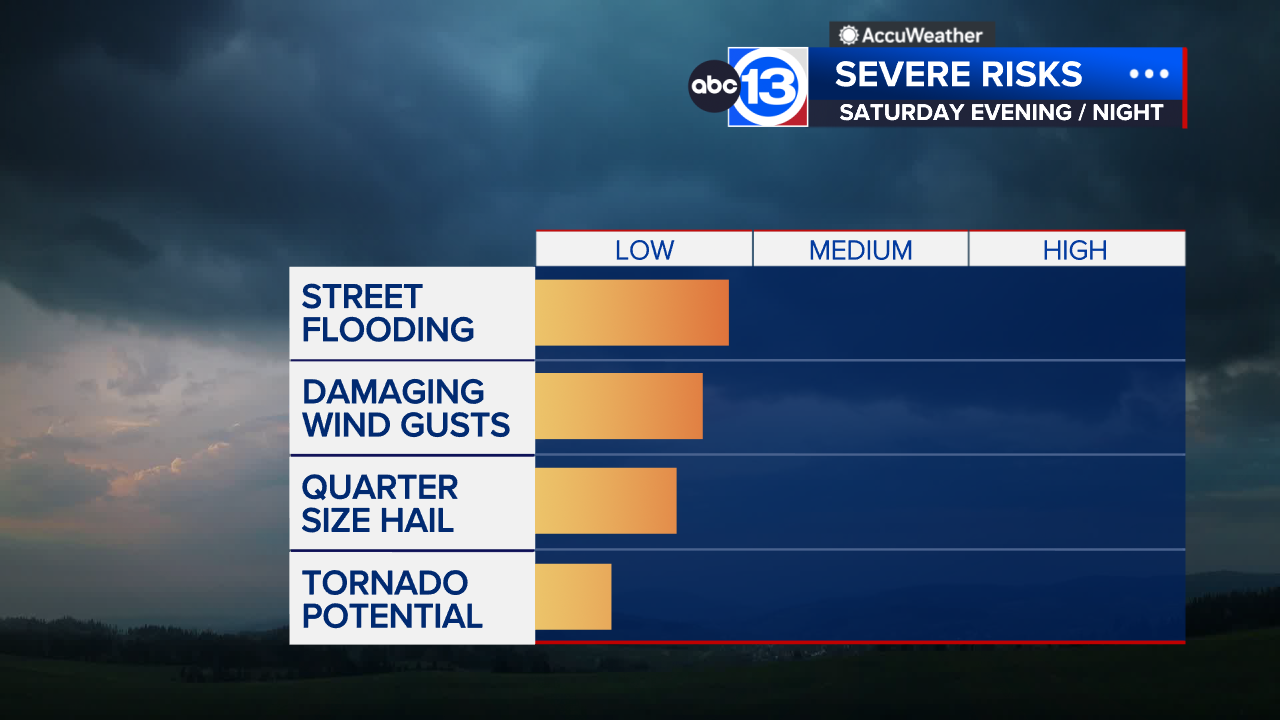Taking a stand: How to report workplace sexual harassment
HOUSTON (KTRK) -- Local women say workplace culture leaves many sexual harassment victims afraid to come forward out of fear of retaliation.
While some cases involve verbal comments, others involve more severe physical violations. Local women says going to work after an incident of sexual harassment was extremely difficult. They now share their stories to encourage other women who may become victims to come forward.
"Why would you want to report to senior management if it's just going to be swept under the rug?" said Michelle, an oil and gas analyst who claims she was sexually assaulted on a business trip when a colleague put something in her drink.
Corporate attorney Natalie says she was fired after coming forward with sexual harassment allegations.
"I think it's getting worse because there is denial that this is rampant," she told ABC13.
She say an executive and longtime mentor stopped by her room after a work conference. She was under the impression that he was there to talk business.
"Basically attacked me, tried to kiss, caressed me in places I didn't want to be caressed. I said, 'Stop, you need to leave,'" Natalie recalled.
Houston employment lawyer Todd Slobin says companies are not doing a good job of protecting their employees. He says emails, text messages and documents make his job easier, but he is amazed at what some employees will send to others.
"Any evidence you have -- an email, text, recording, audio or video. What someone should do if they feel they are the victim of sexual harassment in the work place is report it to the company immediately," he advises.
According to EEOC outreach manager Joe Bontke, it's also important to keep a record of communication with your company surrounding harassment allegations.
"Being able to communicate that to a supervisor or document it and in the day and age of cell phone recordings, capturing those less than appropriate moments are a great defense," Bontke says.




